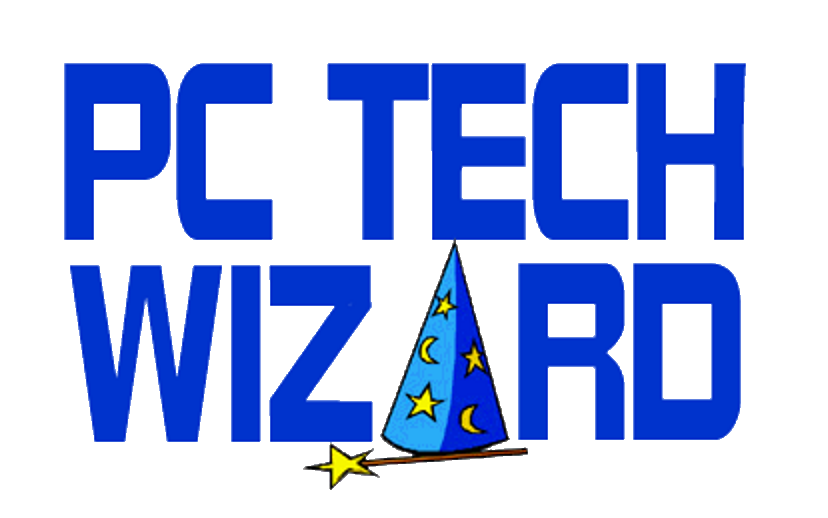It’s been a good run, but the end is nigh.
On April 8, 2014, Microsoft will withdraw extended support for Windows XP, meaning that they will stop providing security updates for download on this date. They’ve threatened to pull the plug a few times already, but it appears they really mean it this time.
I expect third-party software updates will continue to be available for a while, so programs like Java and Adobe Flash will still get patches. But vulnerabilities in Windows itself will no longer be addressed. And I just found out that the free Microsoft Security Essentials antivirus software will be withdrawn for XP.
So what does that mean for you if you still have Windows XP on your computer?
I believe it depends on how you use your computer. If your PC is your livelihood — if you use it for work or to support a home-based business, you should start formulating an upgrade strategy. As I have bemoaned many times in the past, there is no direct upgrade path from Windows XP to Windows 7 or 8; you can’t just pop in an upgrade disk and install a new version of Windows without wiping out your current installation. So if you want to keep your current computer hardware, you would have to copy all your personal data to an external drive, install the new version of Windows, migrate your data back, and then reinstall all your programs.
It may therefore be time to consider a new PC with Windows 7 or 8 already installed. This way, you can migrate your data and programs at a more leisurely pace, while you still have your old PC available. This is how I did it.
However, if your PC usage is more of a hobby — if you use it primarily for e-mail, web browsing, or to play the occasional game, I don’t see any reason to undertake an upgrade right now. Your computer won’t suddenly stop working on April 8. You may be able to get by just fine on Windows XP for the foreseeable future. But you will need to address your antivirus protection, particularly if you are using the free Security Essentials. AV utilities from other vendors will continue to provide protection even if Microsoft no longer does.
If you want to stay with a free AV solution, Avast is a highly recommended option. AVG also has a free version that is decent.
If you’d like the additional security and support of a paid AV program, I’ve been really happy with Norton Internet Security and have switched to using it on all of my home PCs. For some years, Norton was kind of lost in the wilderness and became bloated, slow, and annoying. But Symantec got its act together and the latest versions are pretty slick. If you do choose Norton, save a few bucks and order it from Amazon.
By the way, I am still recommending Windows 7 over 8. Even though the 8.1 version addresses a lot of Windows 8’s shortcomings, it’s still a major adjustment for people used to the XP interface. You will find it much easier to adapt to Windows 7. It’s harder to find, but it’s still available. And while Microsoft is waffling on the cutoff dates for Windows 7, at this point the extended support is supposed to be provided until January, 2020. By then, Windows 9 or 10 should be available, and maybe Microsoft will get one of those right.
UPDATE 1/17/14: Well, Microsoft is backtracking again. They must have gotten an earful from customers, so they have announced that Security Essentials for XP will continue to get updates into July of 2015. Other reports are coming in that Microsoft has been forced to admit (at least to itself) that Windows 8 is a flop, and the company is already planning Windows 9 for 2015. Grab your popcorn and stay tuned.
